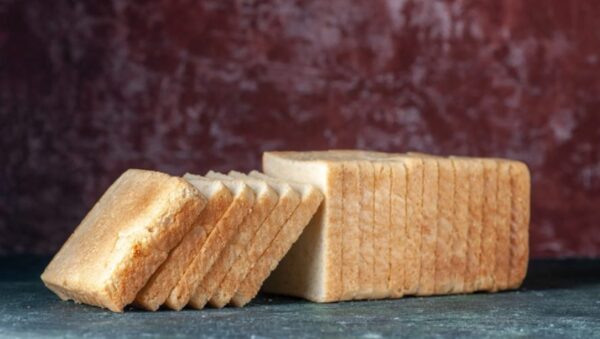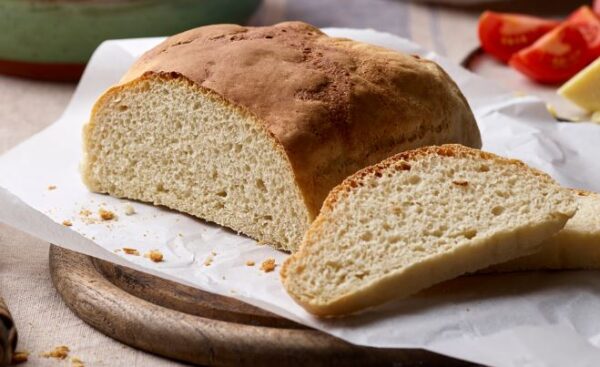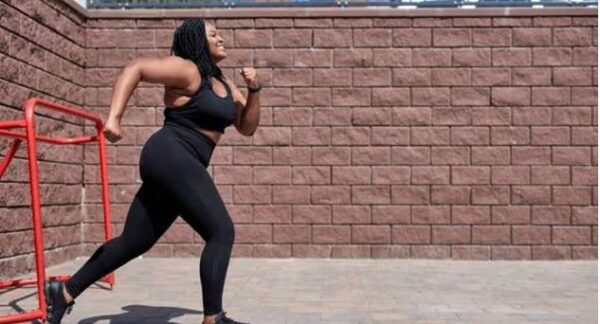Lifestyle
Here’s what happens to your body when you stop eating bread

Bread has always been a dietary staple in many homes, but in recent years, many people have chosen to eliminate it from their diets for various reasons, including weight loss, blood sugar control, and gluten intolerance.
If you decide to stop eating bread, your body will go through several changes, both positive and negative.
Here’s a look at what you can expect if you cut bread from your diet.
1. Initial weight loss
One of the first things you’ll notice when you stop eating bread is a drop in weight.
This is primarily due to a loss of water weight rather than fat.
Bread, especially refined white bread, is high in carbohydrates, which your body stores as glycogen.
For every gram of glycogen stored, your body holds onto about three grams of water.
When you reduce carbohydrate intake, glycogen stores decrease, leading to rapid water weight loss.
2. Reduced bloating and improved digestion
Many people experience bloating and digestive discomfort after eating bread, particularly those with gluten sensitivity or irritable bowel syndrome (IBS).
Cutting out bread can reduce bloating and improve digestion, especially if you replace it with whole, unprocessed foods that are easier on the gut.
3. More stable blood sugar levels
Bread, particularly white bread, has a high glycemic index, meaning it causes a rapid spike in blood sugar levels.
Cutting it from your diet can lead to more stable blood sugar levels, reducing energy crashes, sugar cravings, and the risk of developing insulin resistance or type 2 diabetes.
4. Temporary increased fatigue and brain fog
Carbohydrates are the body’s primary source of energy.
When you suddenly cut out a major carb source like bread, your body may struggle to adjust, leading to temporary fatigue and brain fog.
However, as your body adapts to using fats and proteins for energy, these symptoms typically subside.
5. Possible nutrient deficiencies
Many breads, especially whole-grain varieties, contain essential nutrients such as fiber, B vitamins, and iron.
Eliminating bread without replacing it with other nutrient-rich foods can lead to deficiencies.
To counteract this, incorporate more fiber-rich vegetables, nuts, seeds, and whole grains like quinoa or oats into your diet.
6. Improved skin health
Some people find that cutting out bread leads to clearer skin, especially those who are sensitive to gluten or refined carbohydrates.
High-carb diets, particularly those heavy in refined grains, can contribute to inflammation, which may exacerbate conditions like acne.










